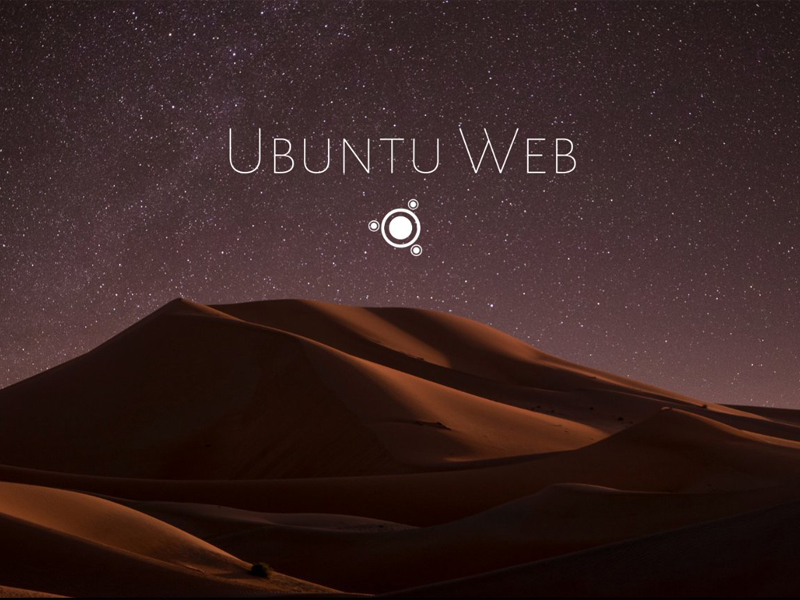Its name is Ubuntu Web Remix and it is intended to provide a lightweight operating system, capable of running perfectly on low-power devices with limited hardware requirements. The paradox is that although it tries to compete with Chrome OS it does not work on Chromebooks.
It is based on Ubuntu 20.04.1 and uses GNOME 3.36 as desktop environment. It offers applications and services in the cloud. To differentiate itself from Google’s lightweight OS, it uses Firefox instead of Chrome or Chromium. And to offer similar capabilities it incorporates Anbox, which means support for Android applications. In other words, it is compatible with Linux applications, web applications and Android vApp. And not only that: it has a tool so that users can create their applications and share them in its own app store, known as Open Web Store.
Its creator is Rudra Saraswat, active member of Ubuntu, developer of Ubuntu Unity and UbuntuEd. He is also part of the Ubuntu and BugSquad documentation team.
The first stable version of Ubuntu Web Remix can be downloaded from this link.
Source: Hipertextual.







0 Comments